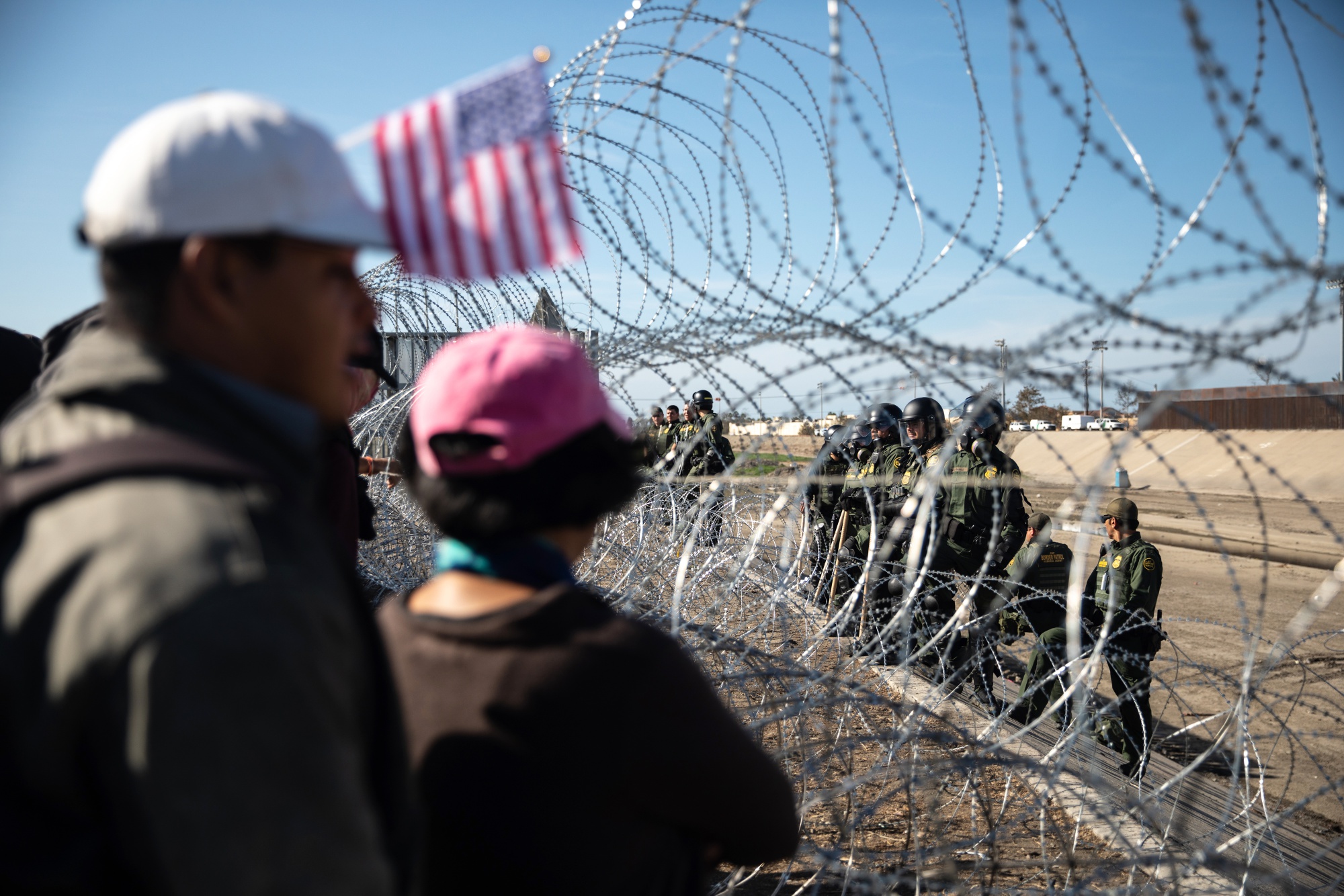In a move sparking heated debate, welfare offices and other agencies in 49 U.S. states are distributing voter registration forms to migrants without requiring proof of citizenship. Only Arizona, which recently enacted a law barring the practice for state forms but not federal ones, stands apart. This widespread practice has prompted calls from Republicans and conservatives for federal action to halt the distribution of these forms.
No Proof of Citizenship Required
Federal voting forms do not mandate proof of U.S. citizenship, although it is illegal for non-citizens to vote in federal elections. This loophole has led to concerns about the integrity of the voter registration process. Migrants with humanitarian parole, refugee, or asylum status, who are eligible for benefits, often visit these offices where voter registration takes place, increasing the likelihood of non-citizens inadvertently registering to vote.
The National Voter Registration Act of 1993
The National Voter Registration Act (NVRA) of 1993 requires states to register voters at the Department of Motor Vehicles (DMV) and agencies where Americans apply for public benefits. These offices must provide voter registration forms along with application papers. If applicants attest that they are U.S. citizens, this is accepted as valid, leading to automatic voter registration.
Legislative Response: The SAVE Act
In response to these concerns, the House Administration Committee recently approved the Safeguard American Voter Eligibility (SAVE) Act. This proposed legislation would require proof of citizenship when registering to vote by mail, at a DMV, or at a welfare agency office. Rep. Chip Roy (R-Texas), who introduced the measure, stressed the importance of preventing illegal voter registration.
House Speaker Mike Johnson (R-La.) echoed these sentiments, emphasizing the need for greater enforcement measures to ensure that only American citizens vote in U.S. elections. Ryan Walker, executive vice president at the Heritage Foundation’s sister group, Heritage Action, supports the SAVE Act, arguing it will restore confidence in the electoral process.
Opposition to the SAVE Act
The left-leaning Campaign Legal Center opposes the SAVE Act, calling it a “shameful” measure that undermines trust in the electoral process. The Center argues that concerns over non-citizen voting are exaggerated and not substantiated by evidence. They assert that the bill could result in eligible U.S. citizens being incorrectly prevented from voting.
Evidence of Non-Citizen Voting
Despite opposition, federal prosecutions, state investigations, and audits have shown instances of non-citizens being registered to vote. In Georgia, left-wing voter groups sued Secretary of State Brad Raffensperger for attempting to implement citizenship verification methods. Hundreds of non-citizens have been caught casting ballots in various elections, highlighting the potential for voter fraud.
Future of the SAVE Act
House Republican leaders have yet to schedule a floor vote for the SAVE Act, but it may come up before the August recess. Even if it passes the House, the bill faces a challenging path in the Democrat-controlled Senate. However, several Republican senators have already expressed their support.
Sen. Mike Lee (R-Utah) stressed the importance of preventing non-citizens from voting, stating that the SAVE Act would defend election integrity and preserve public trust in the voting process.


You must be logged in to post a comment Login